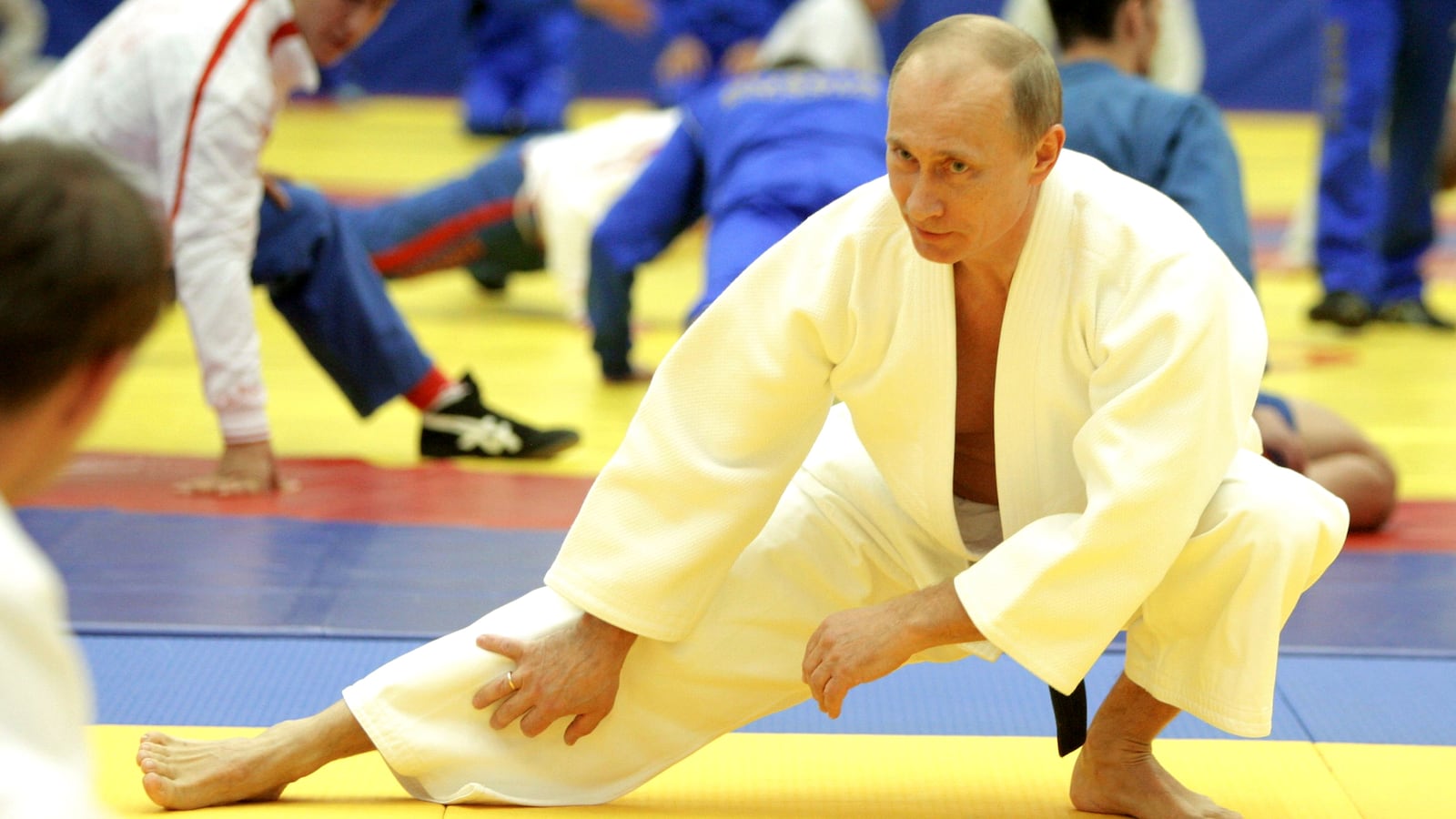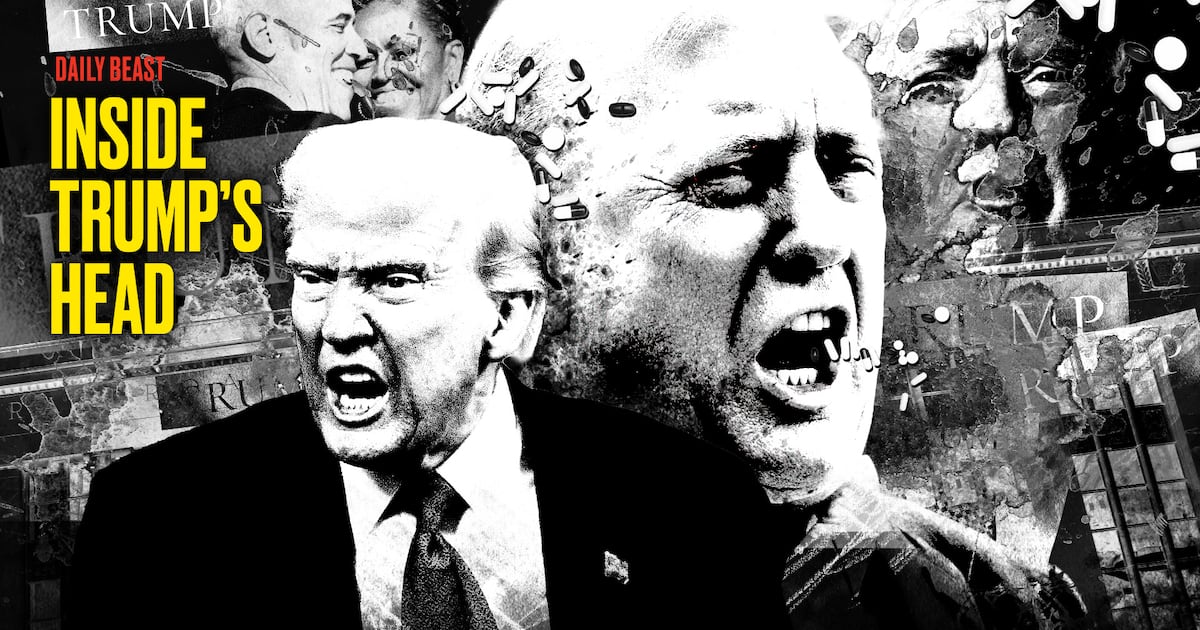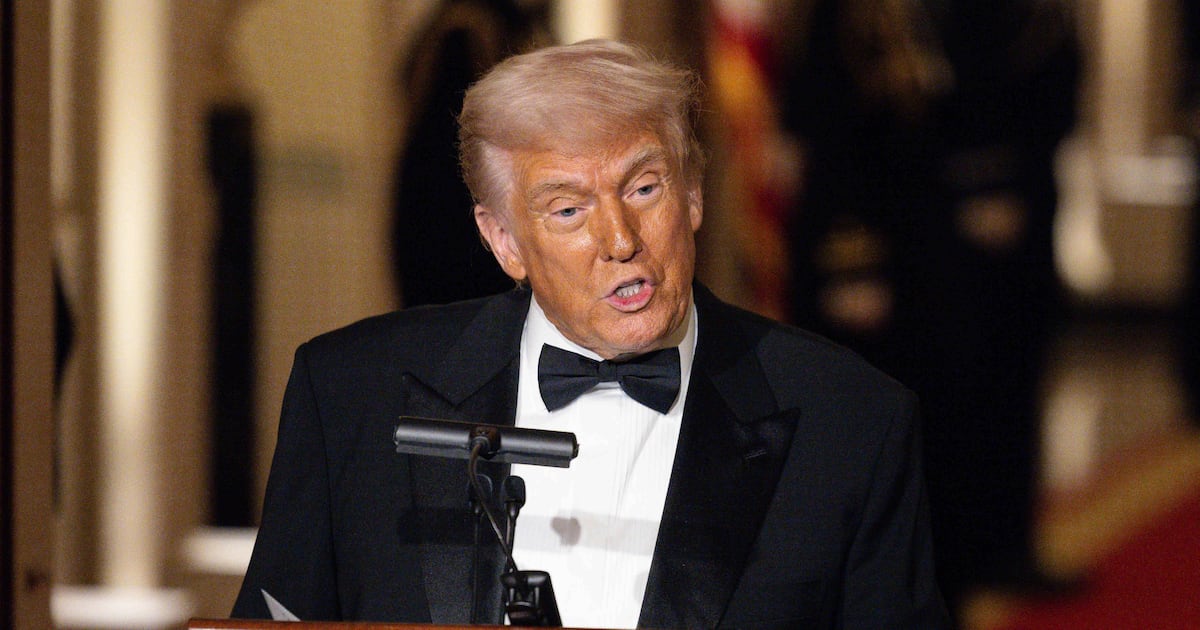Whatever Vladimir Putin’s talent at bullying, he cannot hide his country’s fundamental weakness. The economy behind this show of force is in no position to withstand even the least strain. It is distorted, fragile, and volatile. Russia needs oil and gas sales to the West more than the West needs Russian oil and gas, and Russia, needs the West for just about everything else. If it comes to an economic confrontation, Russia would not stand a chance. As diplomats try to disarm the situation, hopefully without strong-arm tactics of any kind, they can gain from knowledge of how uneven an economic contest would be.

Putin and his predecessor Boris Yeltsin bear a lot of personal responsibility for Russia’s weak position. The Soviets left them a broad and industrialized, if remarkably inefficient, economy. The chaos of Yeltsin’s rule sold off much of this inheritance, and Putin has actively neglected broad development, turning Russia into a petro economy almost wholly dependent for everything it needs on the revenues from oil and gas. Instead of doing the hard work of production and development, his economy simply sells off its natural inheritance and buys its needs from the foreign producers who are willing to work. Incongruous as it might sound,Russia has much in common with those trust-fund babies who never develop themselves but instead subsist, albeit sometimes glamorously, on their inheritance. Summary statistics paint a vivid picture.
Despite Russia’s huge size and once imposing productive machine, today oil and natural gas amount to fully 30 percent of the country’s gross domestic product (GDP) and 80 percent of its exports. Oil and gas revenues account for half the government’s budget. Overall, Russia registers a low per-capita income figure of $9,000. But since most of the oil income goes to the Kremlin, the average Russian has to get by on the equivalent of only $6,100 a year. Even the sovereign wealth fund Russia established to invest a portion of its oil revenues sees little in the domestic economy and sends 70-80 percent of its assets abroad. Russia’s oligarchs, pronouncing the same negative verdict on Russia’s economy, have followed suit, sending much of their personal and corporate wealth abroad as well.
The vulnerability of the Russian economy was painfully evident during the 2008-09 recession. Because that global economic decline dried up demand for oil, the price of hydrocarbons fell 75 percent. Russia’s oil-dependent economy collapsed. The country’s index of industrial activity fell at a 60 percent annual rate during this time, far worse than the 17 percent experienced in the United States. Russia’s stock market, well aware of the economic damage, fell 68 percent, a far more severe drop than the 45 percent decline suffered by global stock markets on average. The world’s capital markets, aware of Russia’s precarious position, shied away from its debt, making it difficult and expensive for the Kremlin to raise funds. With hardly any revenue coming in, Russia spent 40 percent of its foreign currency resources in less than two years. More damning still, the government’s heavy dependence on oil and gas revenues rendered it impotent to relieve the economic pain. The best it could do was hope that other, truly developed nations would revive their respective economies, resume oil purchases, and pull Russia along. Russia had become a purely passive economic player.
Against such a background, Putin’s warning that sanctions would “boomerang” back on the West rings hollow indeed. To be sure, the United States and especially Europe would suffer under sanctions. Germany, in particular, has much to lose. A big part of its exports provide Russia with the heavy equipment, metallurgy, and fine machinery that that Putin’s economy can no longer produce for itself. Meanwhile, the European Union depends on Russia for a touch over a third of its natural gas flows. Obviously sanctions would force Europe to scramble to substitute for Russian purchases and energy supplies. A temporary easing of European budget austerity could help a lot with the former, while with the latter, the United States could help by pushing out more gas exports. But even if the West would suffer in an economic confrontation, and Ukraine still worse, there can be no doubt that Russia would lose still more, especially if at the same time the West cut off investment options.
Putin doubtless knows well that if he had to make good for very long on his threat to cut off the oil and gas flows, Russia would quickly face ruin. Even Russia’s state oil company, Gazprom, has tacitly admitted the fact. Though the Kremlin refuses to talk to the new government in Kiev, referring to it as fascist and illegitimate, Gazprom still sells it oil and natural gas. The worst it has done is erase the former price discounts. Surely the diplomats can use this knowledge to negotiate a solution that avoids economic pain to either side.





